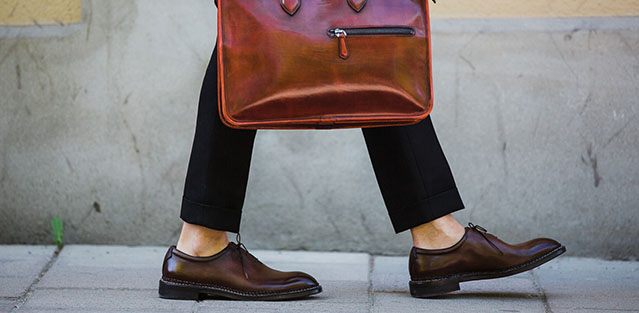
BIODIVERSITY
PRESERVING ECOSYSTEMS
Choosing responsible materials
Whether from animal, plant or mineral based, the majority of raw materials used to make Berluti products come from Nature. To give back to Nature what it borrows, Berluti is committed to using supply chains that contribute to the regeneration of biodiversity. The issues at stake are the preservation of resources and the climate, respect for animal welfare, the fight against deforestation, the elimination of hazardous chemicals and the reduction of air and water pollution. Currently, more than 92% of the strategic materials (leather, wool, cashmere, viscose, silk, cotton, exotic leather, wood, and wood by-products) in use are certified to the highest standards*. This will apply to all of them by 2026.
*Data as of December 2024
Understanding the certifications
98% of bovine and ovine leather used by Berluti is LWG Silver- or Gold* certified. The Leather Working Group is an initiative that rallies various stakeholders, such as brands and tanneries, who have developed a rigorous audit protocol to ensure sustainable and responsible leather production.
98% of crocodile leathers are manufactured according standards that guarantee the preservation of species and respect for local communities, as well as the well-being of the animals throughout their lives, the working conditions of the men and women on the farms, and the protection of the environment*.
56% of the wool and cashmere used by Berluti comes from responsible breeding or includes a proportion of recycled material*.
99% of Berluti's viscose is derived from sustainably managed forests. This type of fiber is principally composed of wood pulp.
*Data as of December 2024

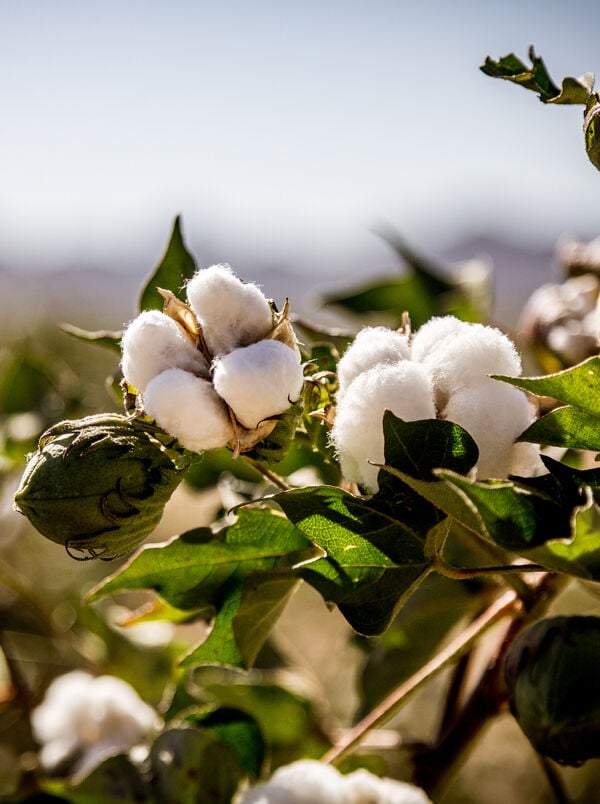
93% of the cotton purchased by Berluti comes from organic supply chains and/or includes a proportion of recycled material*.
Such sourcing guarantees respect for the men and women working in these industries, encourages good environmental practices, and ensures traceability and integrity of materials throughout the production chain.
*Data as of December 2024TOWARDS ENDING CHEMICAL USE
The LVMH Group is part of the ZDHC (Zero Discharge of Hazardous Chemicals) program, which is designed to eliminate these substances from the textile and leather industry. Maison Berluti is committed to ensuring that all of its strategic leather and fabric suppliers initially meet at least 50% of the ZDHC’s restrictive criteria by 2023.
Currently, 86% of the Maison's strategic suppliers signed the PRSL (Product Restricted Substances List). This represents 96% of Berluti's strategic materials purchasing sales*.
*Data from December 2024 in revenue generated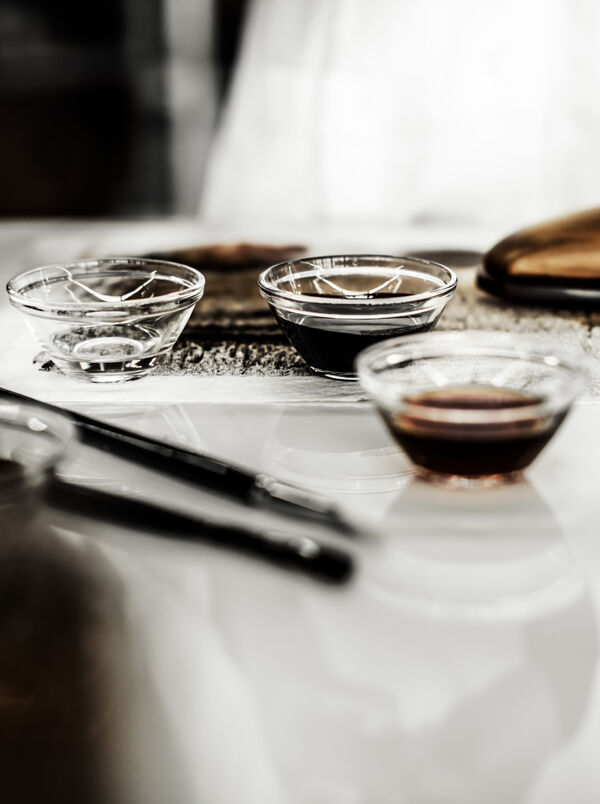
WORKING TO FOSTER BIODIVERSITY
AND CONTRIBUTE TO CARBON SEQUESTRATION
One of the principal objectives of our environmental strategy is to reduce greenhouse gases in all three of our scopes.
Now going one step further in our approach, we are working to conserve biodiversity while rehabilitating carbon sinks.
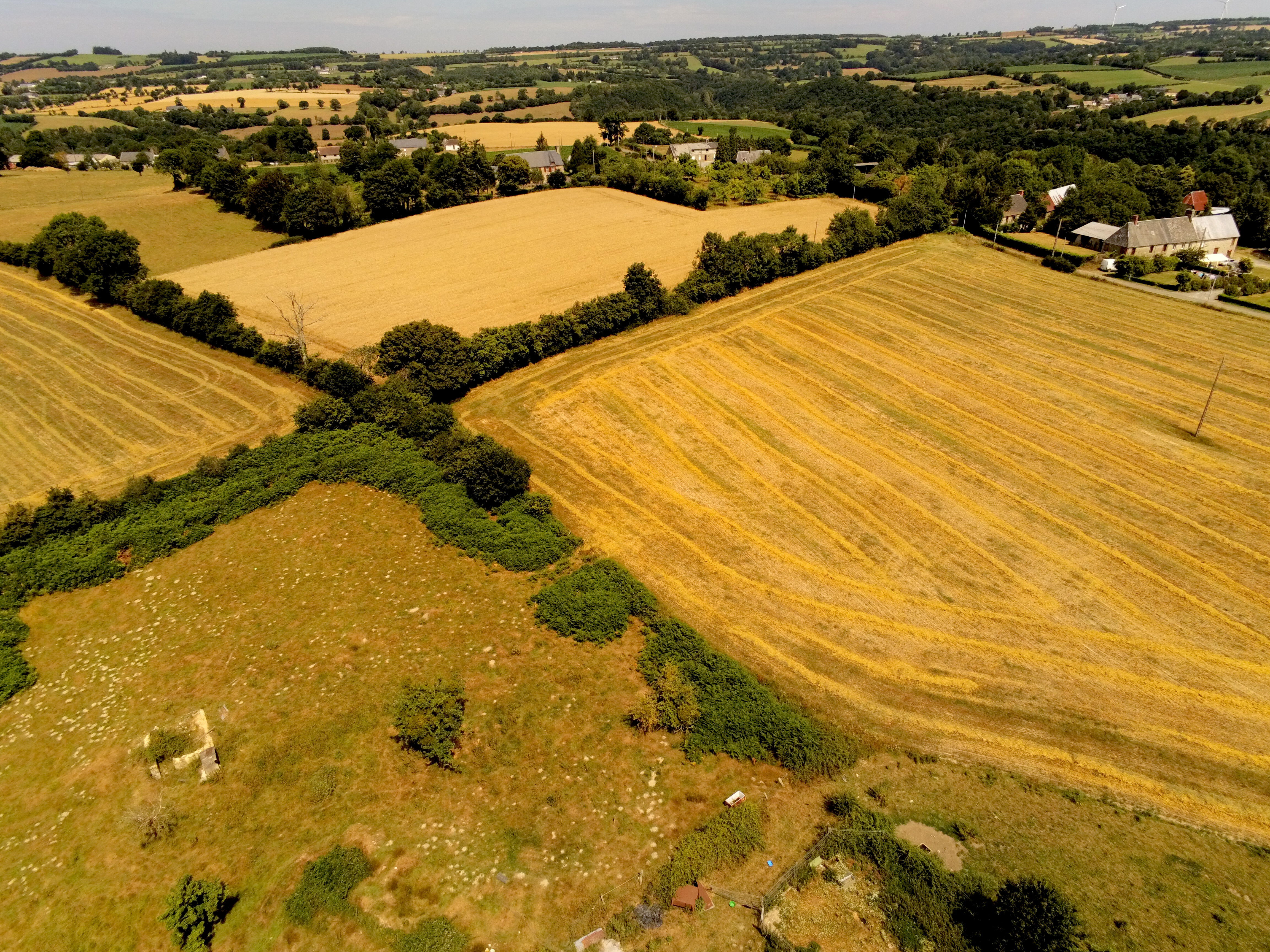
BERLUTI IS COMMITTED TO THE ECOLOGICAL TRANSITION IN AGRICULTURE AND BIODIVERSITY
In 2023, Berluti decided to join forces with the mission-driven company Le Printemps Des Terres. By funding an agriforest project that is compatible with climate change, Berluti has rehabilitated 8.5 km / 5.3 mi of hedges at a farm in Calvados. This project was carried out according to the “hedge method” of the Bas-Carbone label created by the French Ministry of Ecological Transition. The initiative should make it possible to sequester 850 tons of CO2 over 15 years while restoring biodiversity.
BERLUTI HELPS COMBAT DEFORESTATION
From the lasts that we use to craft our bespoke shoes to the interior design of our stores, wood is an essential material at our Maison. Today, even though 98% of the wood and wood products that we purchase are derived from sustainably managed forests, we consider it essential to foster forest conservation. Alongside Reforest’Action – a major contributor to the regeneration of ecosystems to combat climate change and the loss of biodiversity –, Berluti took part in a large-scale conservation project for 47,000 ha / 116,340 acres of tropical forest in the Rimba Raya Biodiversity Reserve on the island of Borneo. The project also protects wild animals, including the endangered orangutan of Borneo, as well as local communities. In particular, it helps develop new, more sustainable economic activities that are compatible with the conservation of the surrounding ecosystem.
Berluti is contributing to this triple-certified project of the voluntary carbon market by financing 3,400 carbon credits. That translates into as many tons of CO2 which have been “avoided”, or not emitted into the atmosphere, thanks to this carbon sink conservation project.

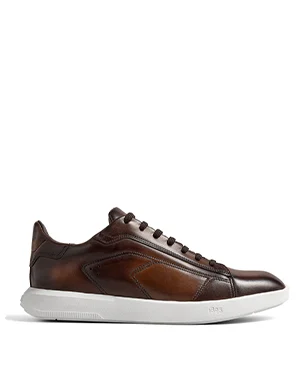
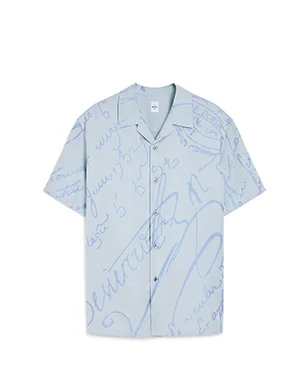
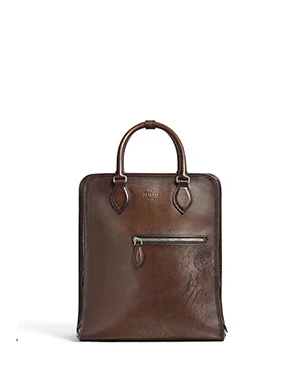
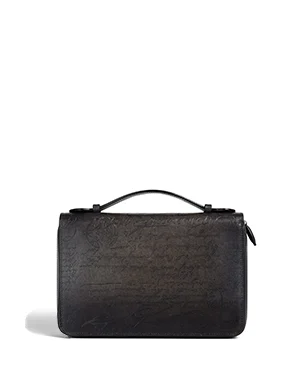

.jpg)
